According to TechCrunch , Mr. Rosemarin predicts that from 2028, only flash memory will be used to store data. He believes that the most important reason to promote flash storage and eliminate HDDs is the cost of electricity. Electricity prices have increased a lot recently, especially after the conflict between Russia and Ukraine.
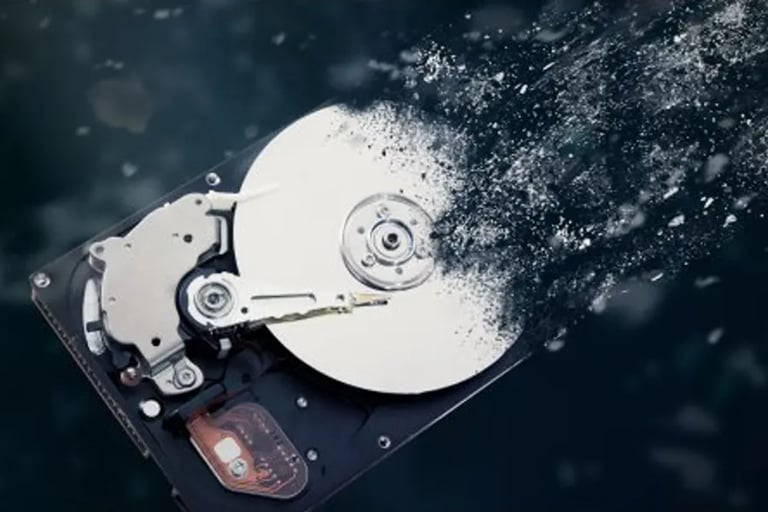
HDD sales are declining
The lower energy efficiency of HDDs translates into higher costs for companies, so they will have less and less reason to bet on HDDs due to the higher costs they entail. For example, data centers currently account for about 3% of total energy spending, and a third of that 3% comes from storage. While that percentage is small, it's important to consider global energy consumption, so that's a big number.
Today, HDDs are the dominant storage format in data centers, so Rosemarin believes that replacing them with SSDs could reduce energy consumption by 80% to 90%. Aside from the economic issue, there is also the fact that some countries are pushing for energy usage quotas, which could reduce the likelihood of inefficient projects moving forward.
Energy efficiency and cost aren’t the only reasons, as Rosemarin says the increasing storage density of flash memory technology is also making HDDs irrelevant. According to the roadmap, NAND chip makers will continue to significantly improve storage density in the coming years, or at least that’s the plan they’ve presented to the public.
SSDs have been gaining ground over HDDs in recent years, both in servers and in home computers. When it comes to home computers, SSDs excel in areas like read and write speeds, and offer much lower latency. HDDs, on the other hand, have been a pretty nasty bottleneck for decades, and that’s especially true in modern operating systems that run multiple processes, resulting in more read/write requests.
Although HDD production has fallen by about half and HDD sales are down by a third year-over-year, Rosemarin’s predictions are unlikely to come true. That’s because no hyperscale data company has indicated that it will switch from HDDs to flash storage. Plus, even though SSD prices have improved recently, they’re still more expensive than HDDs, so those who want large storage capacities and are on a tight budget will mostly opt for a hybrid configuration, where the SSD supports the operating system and small applications, while the HDD holds personal data and larger applications.
Source link


![[Photo] Reception to welcome General Secretary and President of China Xi Jinping](https://vstatic.vietnam.vn/vietnam/resource/IMAGE/2025/4/14/9afa04a20e6441ca971f6f6b0c904ec2)
![[Photo] General Secretary To Lam holds talks with General Secretary and President of China Xi Jinping](https://vstatic.vietnam.vn/vietnam/resource/IMAGE/2025/4/14/b3d07714dc6b4831833b48e0385d75c1)
![[Photo] National Assembly Chairman Tran Thanh Man meets with General Secretary and President of China Xi Jinping](https://vstatic.vietnam.vn/vietnam/resource/IMAGE/2025/4/14/4e8fab54da744230b54598eff0070485)


![[Photo] Prime Minister Pham Minh Chinh meets with General Secretary and President of China Xi Jinping](https://vstatic.vietnam.vn/vietnam/resource/IMAGE/2025/4/14/893f1141468a49e29fb42607a670b174)




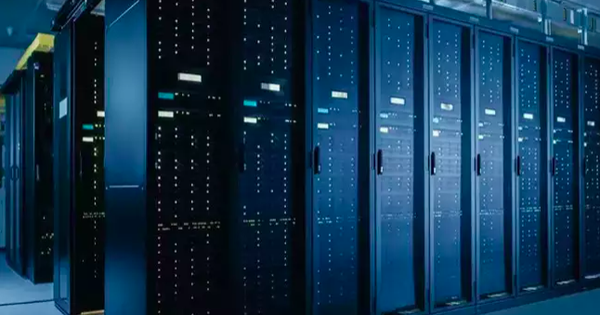



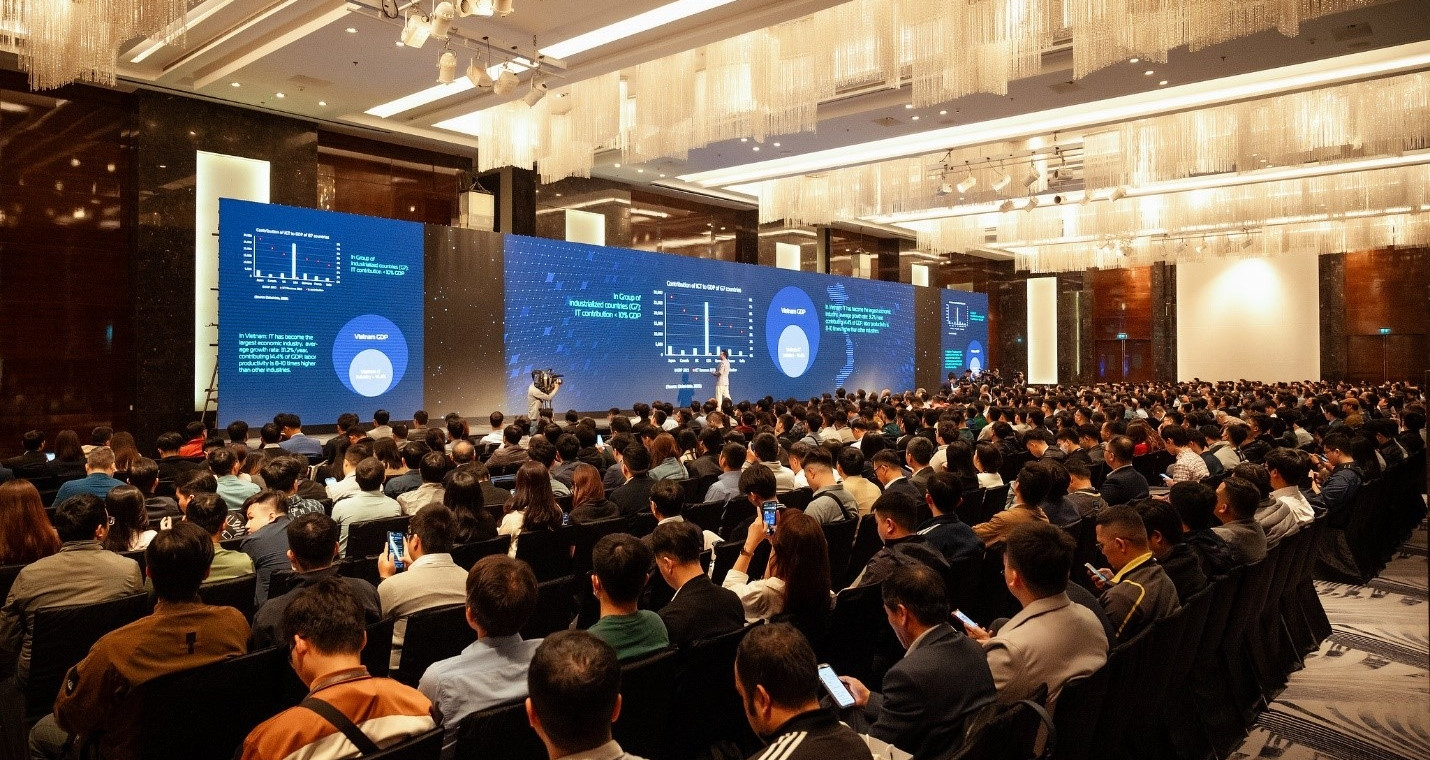




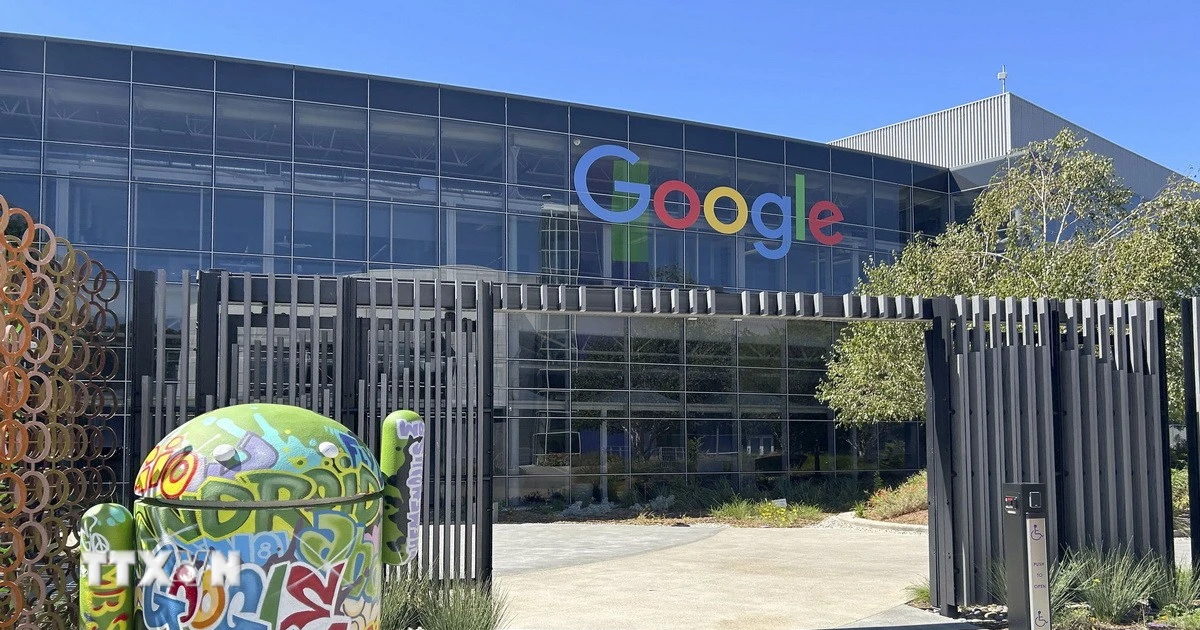











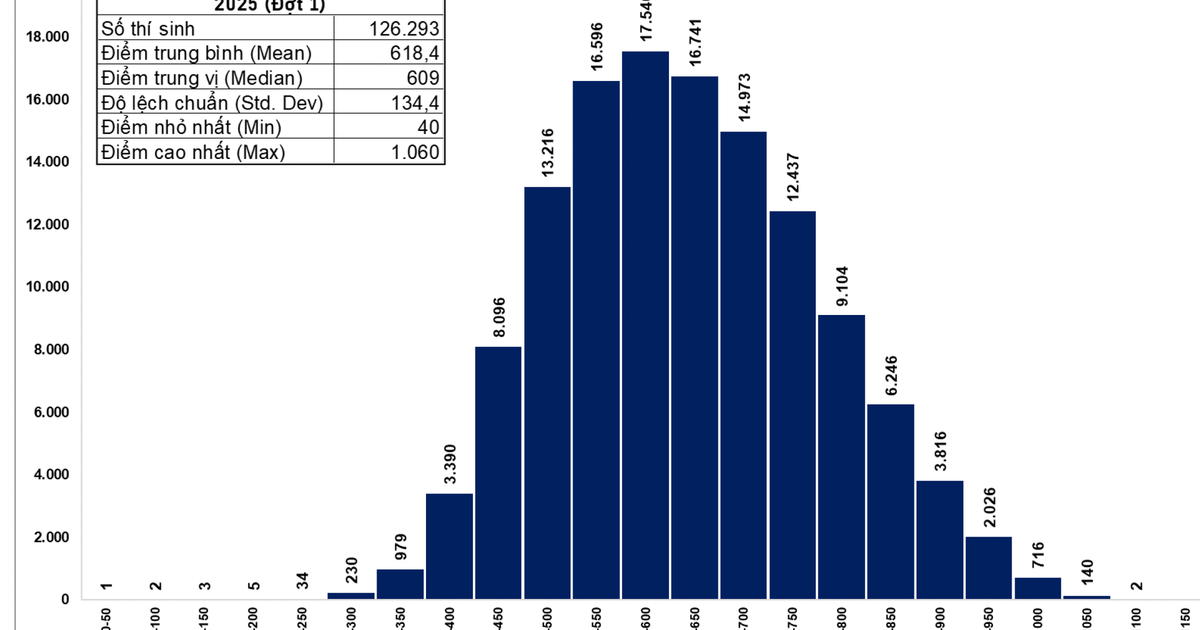

















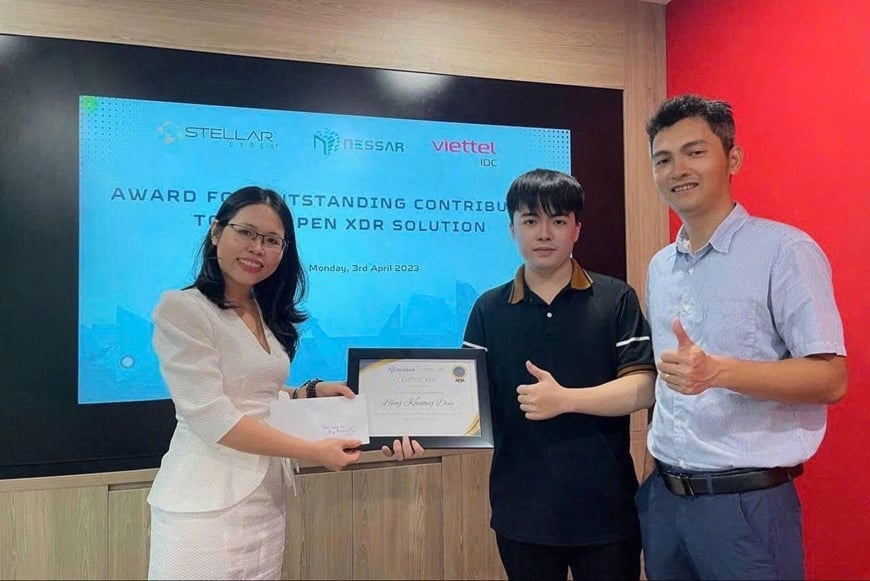





















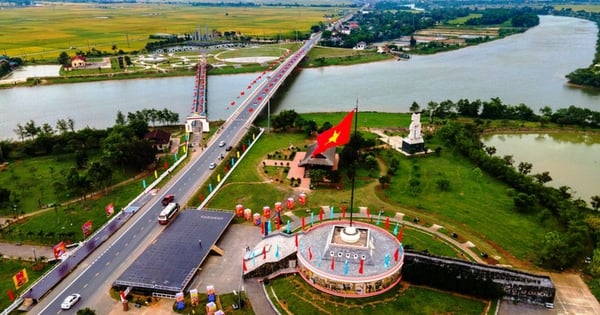



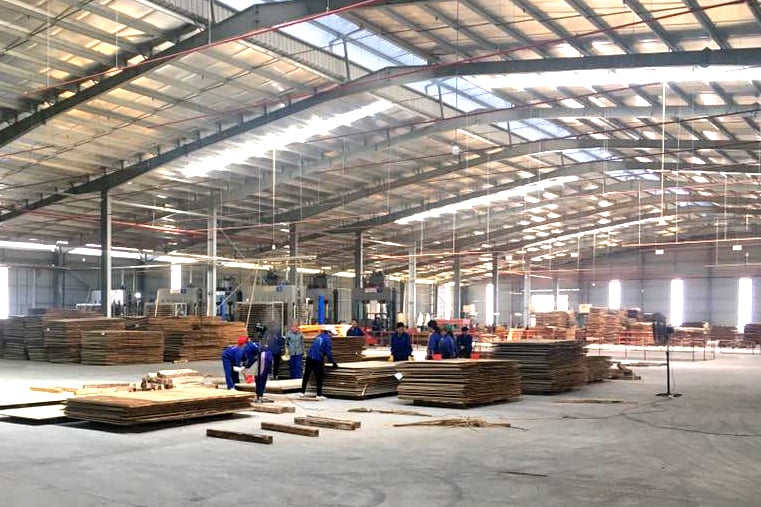















Comment (0)